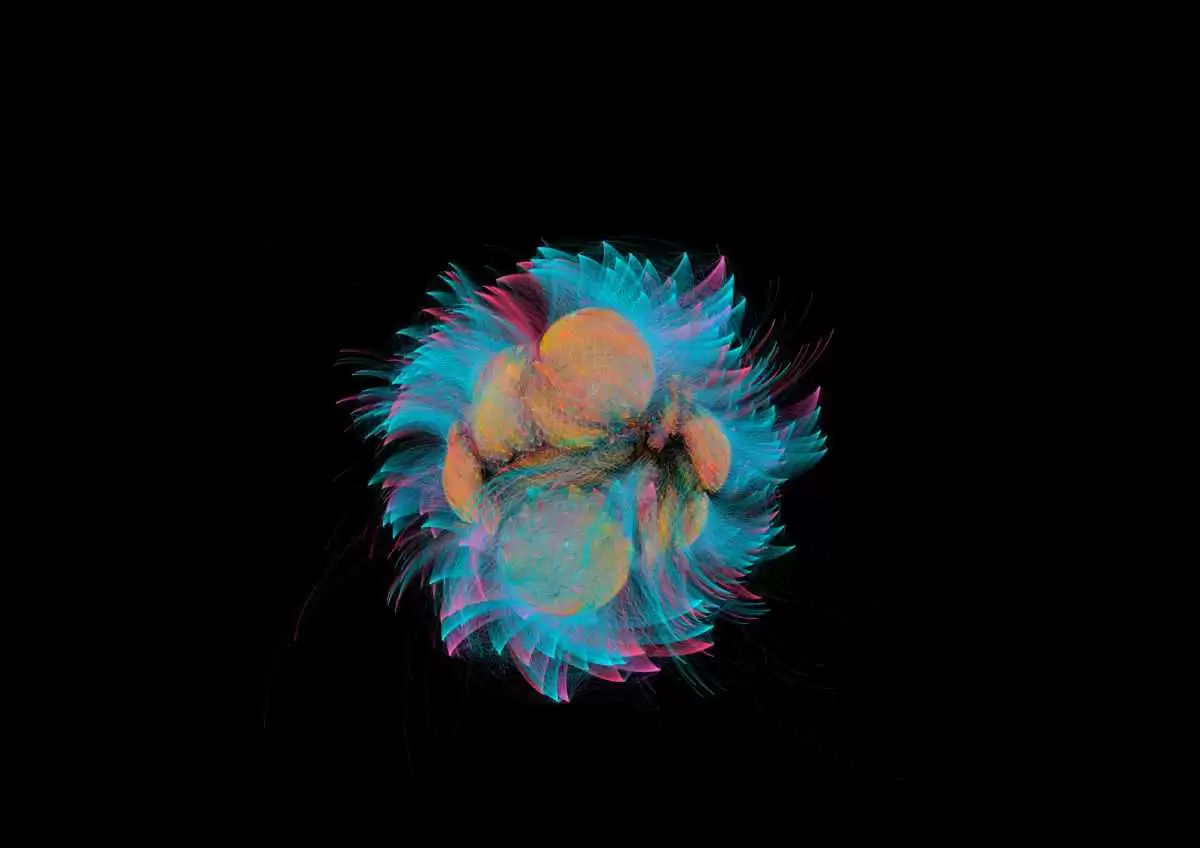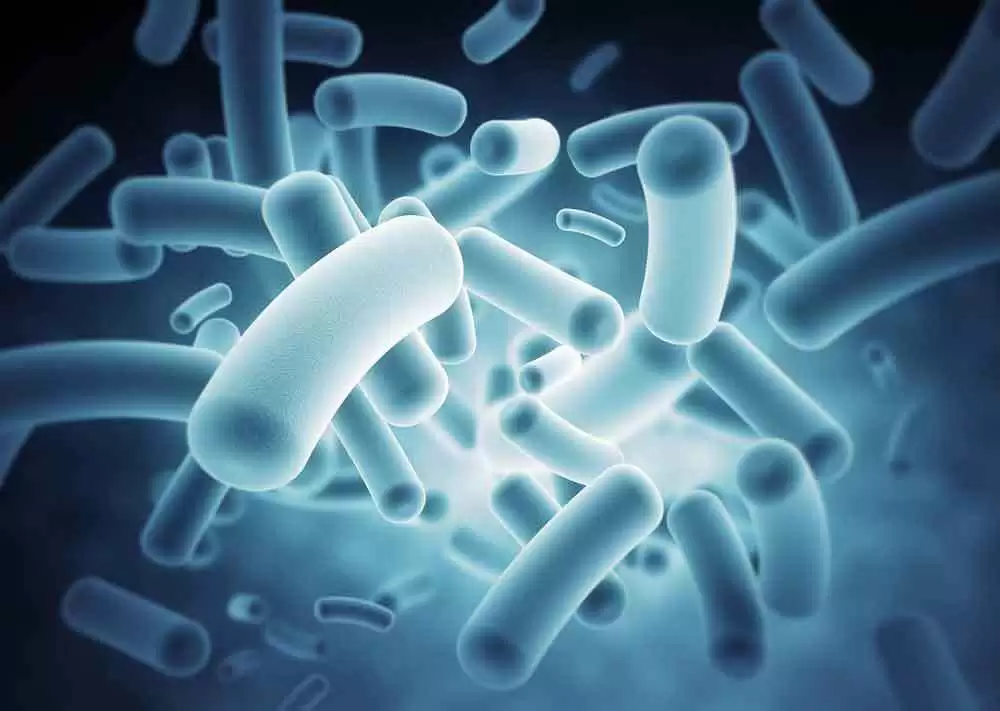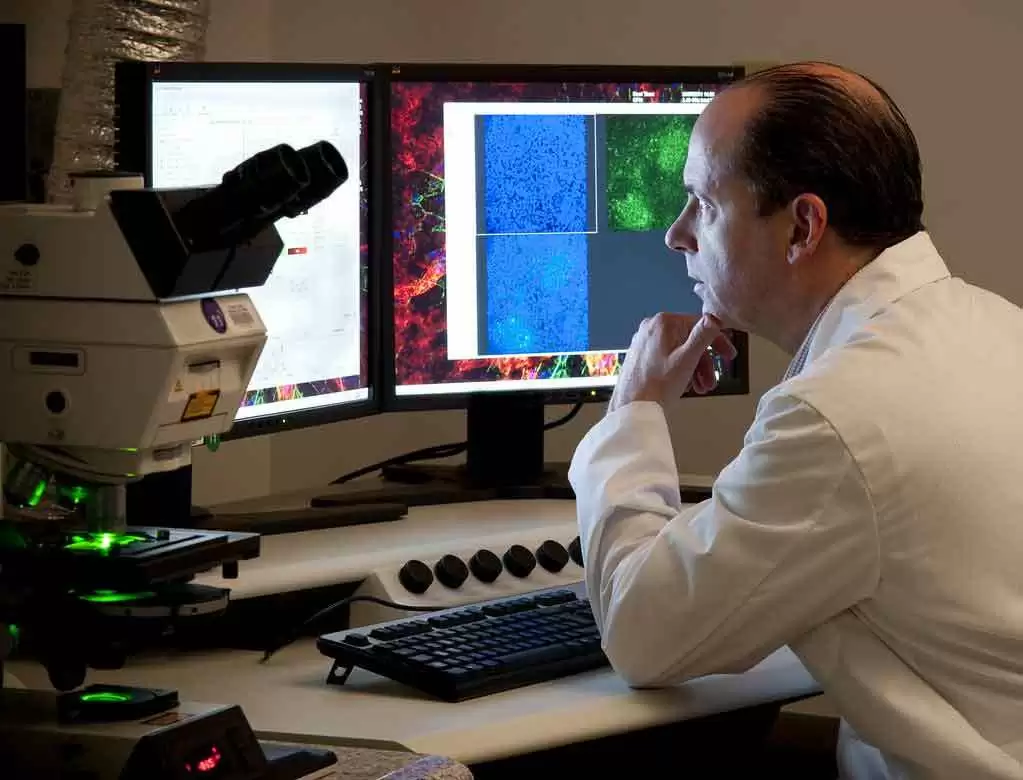
Celiac.com 02/09/2023 - Micronutrients include vitamins and minerals that help our bodies to work properly. People with micronutrient deficiencies can suffer form both short-term and long-term health issues. One of the main causes of micronutrient deficiencies is reduced nutrient intake and/or poor nutrient absorption by the gut. However, new research suggests that the gut microbiome also plays a crucial role in making micronutrients available for the body.
Researchers Monica Barone, Federica D'Amico, Patrizia Brigidi, and Silvia Turroni recently looked at gut microbiome and micronutrient interaction as a potential key to controlling the bioavailability of minerals and vitamins. They are variously affiliated with the Microbiomics Unit, Department of Medical and Surgical Sciences, University of Bologna, Bologna Italy; and the Unit of Microbiome Science and Biotechnology, Department of Pharmacy and Biotechnology, University of Bologna, Bologna Italy.
Celiac.com Sponsor (A12):
The gut microbiome is made up of a diverse collection of microorganisms that live in the human gut. These microorganisms play a critical role in regulating levels of micronutrients in the body. They do this by influencing biochemical processes and the absorption of these micronutrients. For example, certain bacteria in the gut can produce vitamin K, while others can improve the absorption of iron and calcium.
Gut Microbiome Influences Vitamin Uptake and Availability
Vitamin B-12 is one of the most well-known vitamins influenced by the gut microbiome. B-12 is crucial for the proper nervous system function, and proper formation of red blood cells. B-12 is typically found in animal-based foods, and can be difficult for vegans and vegetarians to obtain through diet alone. However, certain gut bacteria have the ability to produce vitamin B12, which can then be absorbed by the host.
Vitamin D is also influenced by the gut microbiome. Vitamin D is important for proper bone and immune system health. Recent studies show that gut bacteria can influence the metabolism of vitamin D, and increase its bioavailability.
The gut microbiome also plays a role in the absorption of minerals such as iron, zinc, and calcium. Iron is essential for the production of red blood cells, and is often deficient in vegetarians and vegans.
Some Gut Bacteria Improve Mineral and Vitamin Absorption
However, certain gut bacteria have been shown to improve the absorption of non-heme iron, which occurs in many plant-based foods. Zinc is important for immune function and wound healing. Some gut bacteria can improve zinc absorption. Calcium is essential for bone health and the proper functioning of muscles and nerves. Certain gut bacteria can aid in the absorption of calcium and can also produce compounds that can help to increase bone density.
In addition to influencing the bioavailability of micronutrients, the gut microbiome also plays a role in the composition and functionality of the microbiome. For example, a diet that is high in processed foods and low in fruits and vegetables can trigger an imbalance in the gut microbiome, which can then trigger micronutrient deficiencies. On the other hand, eating a diet high in fruits and vegetables helps to promote a healthier and more diverse gut microbiome that is more capable of producing and absorbing micronutrients.
Personalized strategies to improve gut microbiome health could become an effective tool to reverse micronutrient deficiencies. Factors including diet, probiotics, and prebiotics can all be used to influence gut microbiome health, and improve micronutrient bioavailability.
The gut microbiome plays a pivotal role in influencing the bioavailability of vitamins and minerals. Deficiencies in these micronutrients can have serious health consequences, but by understanding the role of the gut microbiome in regulating their levels, we can develop personalized intervention strategies that can improve micronutrient bioavailability and promote overall health. As research in this field continues to evolve, it will be interesting to see how these findings can be translated into practical, microbiome-based interventions for micronutrient deficiencies.
Personalized dietary recommendations and probiotic or prebiotic approaches may prove to be effective in improving gut microbiome health to promote micronutrient bioavailability and overall health. However, more research is needed to fully understand the complex interactions between the gut microbiome and micronutrients. In the meantime, it is important to maintain a balanced and varied diet rich in vitamins and minerals, and to address any deficiencies through appropriate supplementation.
The gut microbiome plays a crucial role in regulating the bioavailability of micronutrients, and understanding the interplay between the gut microbiome and micronutrients has the potential to pave the way for innovative and personalized interventions to counteract micronutrient deficiencies and promote overall health.
Read more at Biofactors. 2022 Mar-Apr; 48(2): 307–314










Recommended Comments
There are no comments to display.
Create an account or sign in to comment
You need to be a member in order to leave a comment
Create an account
Sign up for a new account in our community. It's easy!
Register a new accountSign in
Already have an account? Sign in here.
Sign In Now